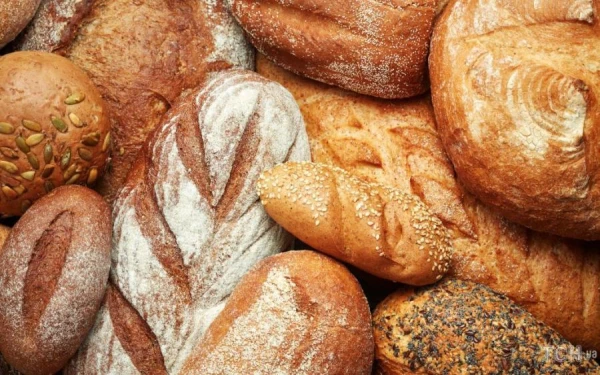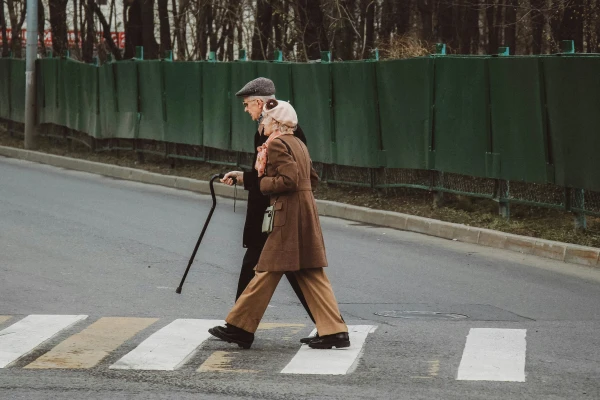
Recently, it has become increasingly clear that not only what you eat is important, but also when you do it. Scientists have found that one of the most effective diets is one that allows eating for 10 hours a day, while fasting for the remaining 14 hours.
This was confirmed in a large-scale study by ZOE Health, conducted with the participation of specialists from King's College London.
This is the largest study in its field
“The impact of diet on health depends not only on what you eat but also on when you eat,” notes study participant Dr. Kate Bermingham from King's College. “The time window during which a person eats is significant—it can be beneficial for health. Our results show that there is no need to eat constantly. Many people will feel full and may even lose weight if they limit their eating to a ten-hour window.”
To reach this conclusion, the researchers observed 37,545 volunteers who participated in the ZOE Health study. This is the most extensive study of its kind. 27,371 people enthusiastically began to adhere to a 10-hour eating schedule, while the others formed a control group. The most active participants were older women with slight overweight: 78% of the participants had an average age of 60 years, and a body mass index of 25.6.
The study lasted three weeks, but many participants felt so good that they continued to follow this regimen even after it ended. People noted that they became more energetic and happier, without feeling hungry.
A Diet Inspired by the Nobel Prize
“Interestingly, to achieve positive results, it is not necessary to strictly follow a diet,” says Dr. Sarah Berry from the School of Life Sciences and Population Health Sciences at King's College. “The ten-hour eating window, which turned out to be acceptable for most, improved mood, added energy, and did not cause feelings of hunger. We established for the first time that those who practiced time-restricted eating irregularly did not experience the same positive health effects as those who adhered to the regimen consistently.”
“This diet falls into the category of intermittent fasting, where a person fasts for most of the day and eats for a smaller portion,” comments medical doctor and gastroenterologist Konstantin Spakhov on the study. “Ideally, proponents of this approach recommend a eating window of 6 or 8 hours, with fasting for 18 or 16 hours respectively (maintaining such a regimen is much more challenging). However, the study shows that even a lighter regimen with 14 hours of fasting is also effective.”
In practice, the 10-hour window can be adjusted in timing—for example, starting not at 9 AM but at 7 or 8, if that is more convenient, or shifting it to 10-11 AM. The main thing is that the fasting period lasts at least 14 hours. During this time, eating is not allowed; only water, tea, or coffee without sugar is permitted. Since most of this time coincides with nighttime sleep, it is quite easy to manage.
The intermittent diet has scientific justification. It was developed thanks to the research of Japanese scientist Yoshinori Ohsumi, who received the Nobel Prize in 2016 for his discovery of autophagy during prolonged fasting. This process allows cells to “eat” their damaged components as well as harmful and toxic substances. As a result, the body undergoes healing, weight loss, and improved well-being. The fasting period in the intermittent diet is sufficient to activate autophagy.















Leave a comment